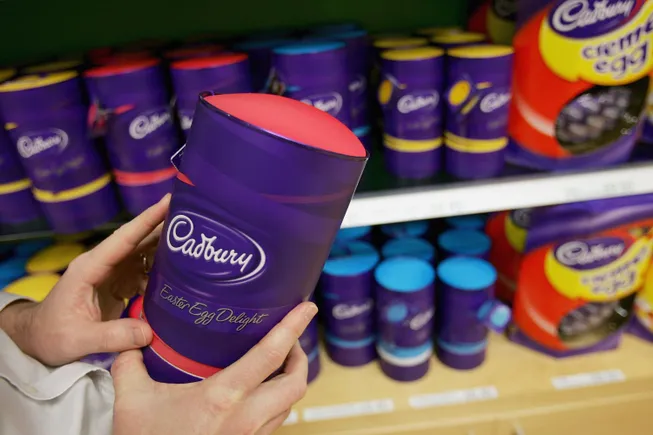Dive Brief:
-
Mondelēz International’s SnackFutures Ventures, a venture capital arm of the company, was one of the investors in a $4.5 million financing round for Celleste Bio, a producer of cell-cultured cocoa ingredients. The investment was led by Supply Change Capital.
-
Established in 2022 in Israel, Celleste will utilize the funding to expedite research and development, infrastructure, and technology required to pilot and expand production. The company employs agtech, biotech, and AI computational models to cultivate 100% natural cocoa from just one or two beans in controlled conditions throughout the year. It claims to have the capability to produce 1 ton of cocoa butter from a single cocoa pod.
-
The emergence of lab-grown cocoa comes at a time when the crop is facing challenges due to climate change, labor concerns in cultivation and harvest, deforestation, and recent price fluctuations.
Dive Insight:
Chocolate generated a record $21.4 billion in confectionery sales in the past year, with 65% of consumers enjoying the confection, according to an October report from the National Confectioners Association.
However, a prolonged global cocoa shortage has led to soaring prices. Major companies like Hershey and Mondelēz have raised prices and warned of potential further increases as cocoa costs impact their profitability. Some consumers have already begun reducing their chocolate purchases in response to the higher prices.
“We have observed a shift from chocolate to other products like cookies or salty snacks,” noted J.P. Morgan analyst Ken Goldman in a recent research report. “Chocolate seems to be losing some market share, with consumers reacting to the price hikes.”
With cocoa production mainly concentrated in Ivory Coast and Ghana in West Africa, concerns over child labor, environmental issues, and inadequate support for producers have long plagued the industry.
As chocolate demand remains high, the onus is on cocoa users, researchers, and startups to find solutions to ensure a steady supply of the ingredient. Some food companies are exploring recipes with reduced chocolate content, alternative ingredients for a chocolate-like taste, and synthetic or lab-grown alternatives.
Richie Gray, head of Mondelēz SnackFutures Ventures, emphasized the importance of overcoming supply chain challenges while making a positive impact on business, consumers, and the environment. He sees companies like Celleste as promising additions to traditional farming practices.
While traditional cocoa sourcing will continue, lab-grown cocoa from Celleste and others must become cost-effective and scalable to be integrated into large-scale chocolate production.
“Climate change and current farming methods are depleting our rainforests, posing significant environmental and financial obstacles to meeting the demands of the growing $100 billion chocolate industry,” said Michal Beressi Golomb, CEO of Celleste. “This funding round enables us to expedite product development, scalability, and commercial readiness.”
The shift towards indoor cocoa cultivation reflects a broader trend of lab-grown products in the food industry. Progress in this sector has been gradual and costly, with some startups facing challenges. The initial restaurants offering lab-grown chicken withdrew the product after a brief period.

